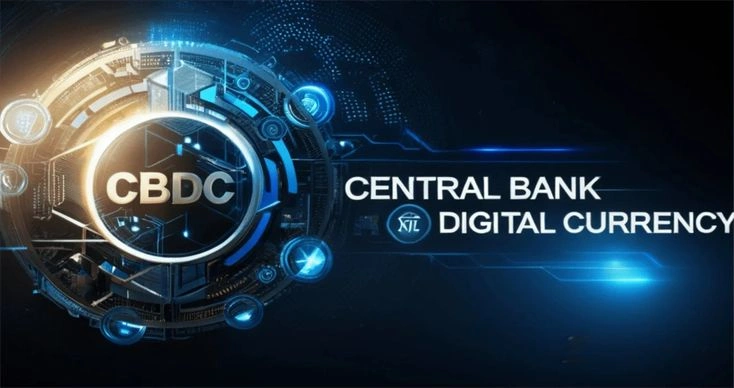Malaysia crypto payment adoption -The Evolving Crypto Landscape in Malaysia
Malaysia crypto payment adoption: As digital currencies gain popularity worldwide, Malaysia finds itself in a complex position — showing increasing interest in cryptocurrency, yet maintaining a cautious regulatory stance. The central question remains: Will Malaysia adopt crypto payments officially?
This article explores the current state of crypto payments in Malaysia, the legal and economic considerations involved, and what conditions must be met for large-scale adoption.
1. The Regulatory Framework: Where Crypto Stands Legally


Malaysia does not ban cryptocurrency, and in fact, allows crypto trading under regulatory supervision. The Securities Commission (SC) oversees digital asset exchanges, with licensed platforms such as Luno and Tokenize operating legally in the country.
However, the use of cryptocurrency as a payment method remains in a legal grey area. According to Bank Negara Malaysia (BNM), cryptocurrencies are not legal tender. This means they are not officially recognized for settling payments — you cannot legally buy goods or services using Bitcoin or Ethereum in a standard retail setting.
BNM has also been exploring the idea of a Central Bank Digital Currency (CBDC). Unlike decentralized cryptocurrencies, a CBDC would be a digital version of the ringgit, backed by the government. While this presents a more stable and regulated alternative, it is still in the early stages of development.
2. Business Adoption: Small Steps, Big Implications


Despite regulatory ambiguity, some Malaysian businesses are beginning to accept crypto payments. Typically, this is done through third-party platforms that instantly convert cryptocurrency into ringgit to comply with financial rules.
Examples include:
- Independent cafés
- Tech startups
- Niche retailers
Though not widespread, this trend reflects growing consumer curiosity, especially among younger, tech-savvy demographics. These digital natives are already comfortable with mobile payments and see crypto as a natural extension of the fintech tools they use daily.
Malaysia’s vibrant fintech ecosystem — with platforms like Touch ’n Go eWallet — suggests that integration of crypto features in the future is plausible, although not yet confirmed.
3. Malaysia crypto payment adoption: Why Are Malaysians Interested in Crypto Payments?

Several key factors are driving interest in crypto payments:
- Speed and convenience: Especially for cross-border transactions or digital purchases.
- Crypto asset ownership: Many Malaysians already hold cryptocurrencies as investments.
- Global influence: Countries like El Salvador have introduced crypto payments, setting international precedents.
- Decentralization appeal: While Malaysia hasn’t faced major distrust in financial institutions, some are drawn to the decentralized nature of blockchain during times of inflation or economic uncertainty.
4. Malaysia crypto payment adoption: Barriers to Mass Adoption

Despite interest, several challenges must be addressed before crypto payments can become mainstream in Malaysia:
- Regulatory Clarity
Clear, detailed policies are essential for businesses to adopt crypto payments with confidence. - Public Education
Widespread misunderstanding about how crypto works remains a major hurdle. - User-Friendly Technology
Crypto payment systems must become as intuitive as scanning a QR code — without needing to manage private keys or pay high “gas” fees. - Stability
The price volatility of cryptocurrencies is a major concern. Stablecoins or CBDCs may help address this issue by providing predictable value.
5. The Road Ahead: What’s Next for Malaysia?
Currently, Malaysia’s adoption of crypto payments is unofficial and limited. However, several indicators suggest progress is possible:
- Regulatory bodies are monitoring developments globally.
- Local businesses are testing crypto integration on small scales.
- Consumers — particularly younger generations — are increasingly open to digital currency usage.
While a full-scale national policy shift toward crypto payments is unlikely in the immediate future, it is plausible within the next decade. Much will depend on the pace of regulatory updates, technology integration, and market demand.
Conclusion: A Cautious but Promising Future
Crypto payment adoption in Malaysia reflects a delicate balance between innovation and regulation. The infrastructure is evolving, and interest is growing — but widespread, legal crypto payments require more clarity, education, and stability.
For now, adoption will likely continue at the grassroots level, led by curious businesses and consumers. As with many financial innovations, the people often experiment first — and the policies follow.
Relevant News: Here






